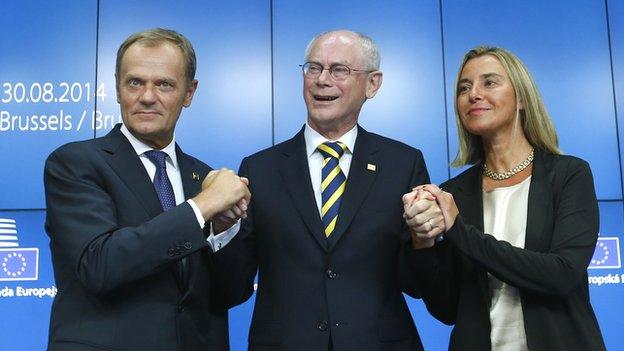Poland fails to stop Donald Tusk EU re-election
- Published
- comments
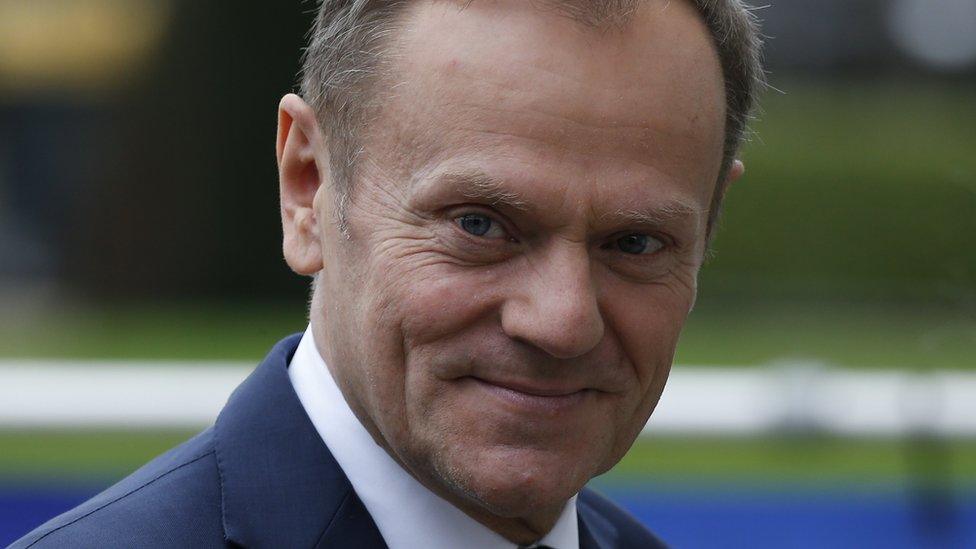
Mr Tusk was accused of meddling in Polish politics
EU leaders have re-elected Donald Tusk as president of the European Council despite a bid to oust him by his home country, Poland.
The leaders voted 27 to one to give him another two-and-a-half-year term.
The Polish government insisted Mr Tusk, a former PM from a rival party, had violated his mandate by interfering in domestic politics.
Poland's prime minister said she would refuse to sign off on the summit's final statement in protest.
"Poland has a right to veto the conclusions - and Poland is exercising that right," Beata Szydlo said.
She added that Mr Tusk was not impartial.
"He does not have the support of his home country - that's sufficient reason for him not to be appointed."

Anniversary soured - by Laurence Peter, BBC News, Brussels
Poland's Prime Minister Szydlo made no attempt to disguise her fury at the reappointment of fellow Pole Donald Tusk to steer EU policy for another 30 months.
By vetoing the EU summit conclusions, she told reporters, Poland would make them invalid.
Poland's move is rare, but not unprecedented at EU summits. On occasion the UK, too, has taken a principled stand against the majority at Brussels summits.
No crucial EU decisions hang on Friday's conclusions, and this protest makes Poland look very isolated in the EU.
Its leaders can still put out a joint statement, though it will have less legal weight than the normal conclusions.
The row has soured the atmosphere, just as the EU prepares to mark 60 years since its founding Treaty of Rome was signed. European unity is the theme of their talks on Friday - now overshadowed by the Polish flare-up. And with the Brexit process looming, the UK will be absent.

"Be careful of the bridges you burn, because once they are done, you can never cross them again," Mr Tusk said, in a comment aimed directly at the Polish government.
He said a responsible attitude was needed and he hoped to protect his country's interests.
The President of the European Commission, Jean-Claude Juncker, gave his full backing to the election result, saying "all the rules" had been respected.
German Chancellor Angela Merkel also defended the result.
"Always better to find a consensus - but that can't be used to block things," she said. "That's how we proceeded with the vote today."
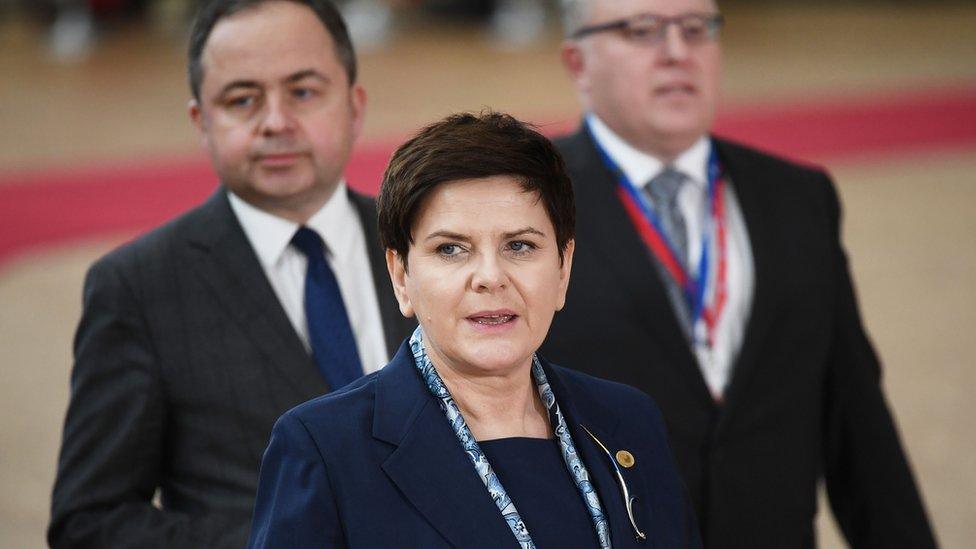
Ms Szydlo said the vote would have a destabilising effect on the EU
Ms Szydlo had strongly opposed Mr Tusk's candidacy and proposed another candidate, a little-known Polish MEP called Jacek Saryusz-Wolski.
There had been some suggestion that the UK might abstain from the vote to win Polish support in Brexit negotiations, but ultimately all but Poland voted for Mr Tusk.
The Press Association news agency quoted UK government sources as saying Prime Minister Theresa May was "pleased" he had been re-elected.
Thursday's meeting of EU leaders in Brussels is the last that Mrs May will attend before formally launching the two-year Brexit process later this month.
Although Brexit itself is not on the agenda, leaders will meet again on Friday - minus Mrs May - to discuss EU unity.
Why is the Polish government so hostile to Mr Tusk?
Mr Tusk was prime minister from 2007-2014, leading the centre-right Civic Platform.
Much of PiS leader Jaroslaw Kaczynski's hostility towards Mr Tusk goes back to the 2010 plane crash in Russia which killed his twin Lech Kaczynski, then Poland's president, and all other 95 people on board.
The plane crashed in dense fog. Official investigations ruled pilot error was the principal cause.
But Mr Tusk's government was accused of not doing enough to explain the causes of the crash while critics said he should not have allowed the Russians to conduct the first crash investigation.
Under the Chicago Convention, external, which covers international air travel, the state on whose territory a crash occurs bears responsibility for conducting the investigation.
What does the European Council president do?
The European Council brings together the heads of state and government of the 28 EU member states. Jointly they set the EU's strategic direction in key areas, such as reform of the eurozone, the Greek debt crisis, the migrant challenge and relations with Russia.
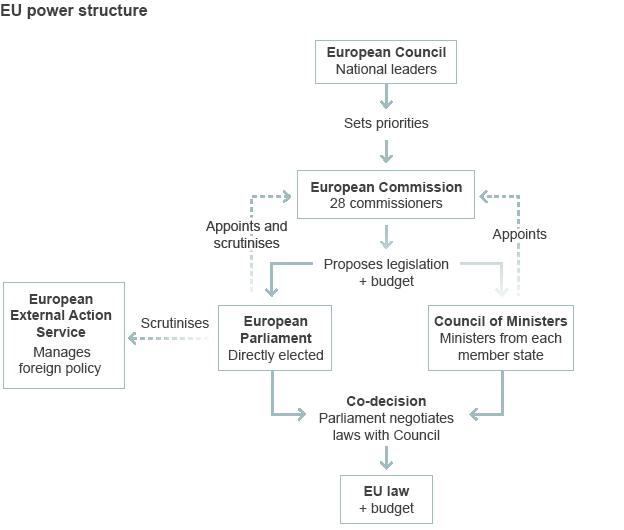
The Council president aims to achieve consensus - deploying all his diplomatic skills - on these tricky issues, where national tensions often dictate how leaders behave.
Mr Tusk's first term ends on 31 May, and he will now stay in office until 30 November 2019. That period coincides with the expected two-year Brexit talks on UK withdrawal from the EU.
- Published15 November 2016
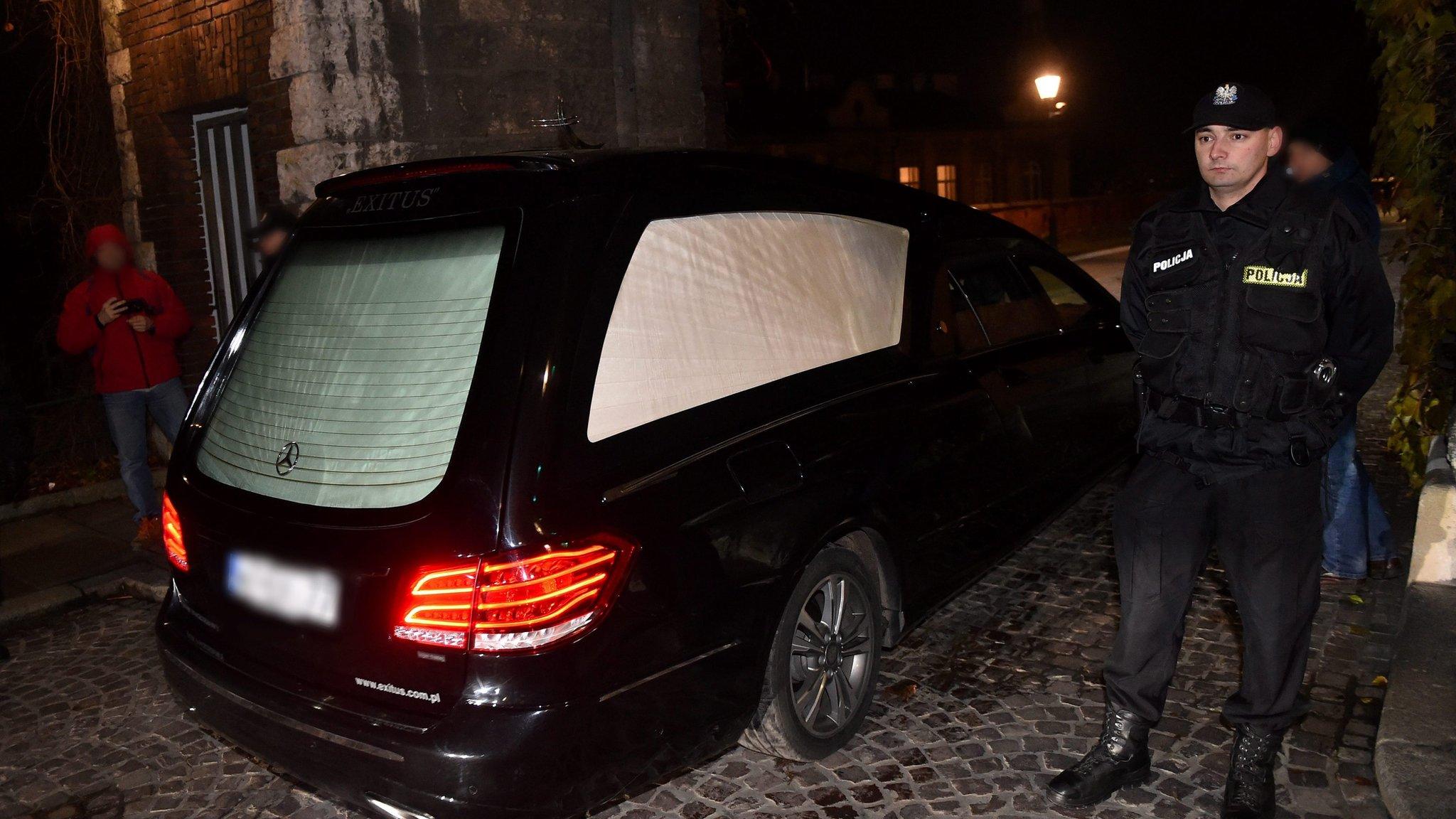
- Published13 October 2016
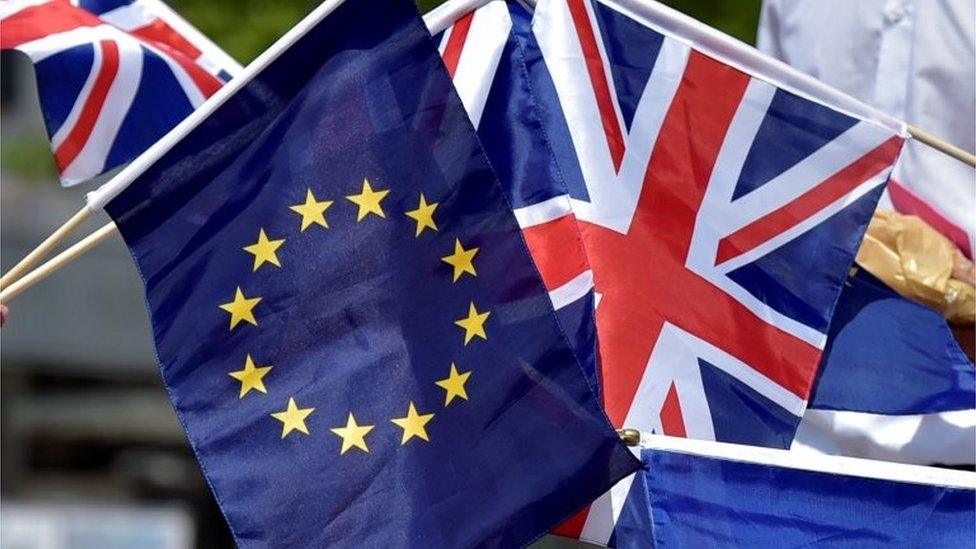
- Published13 January 2016
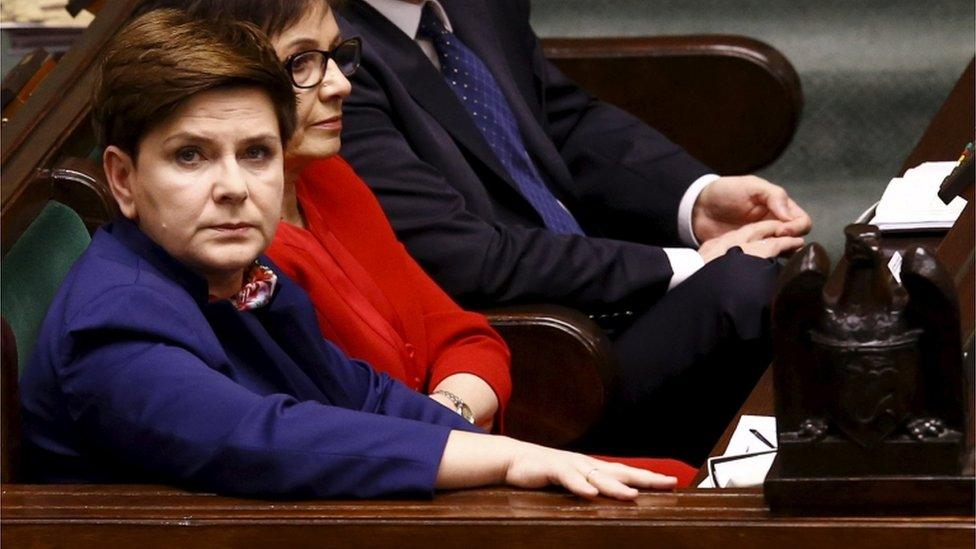
- Published30 August 2014
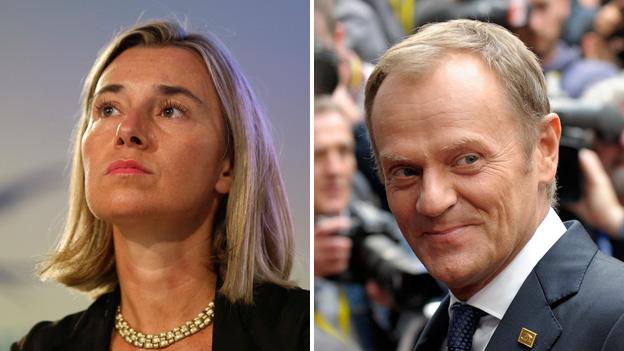
- Published30 August 2014
